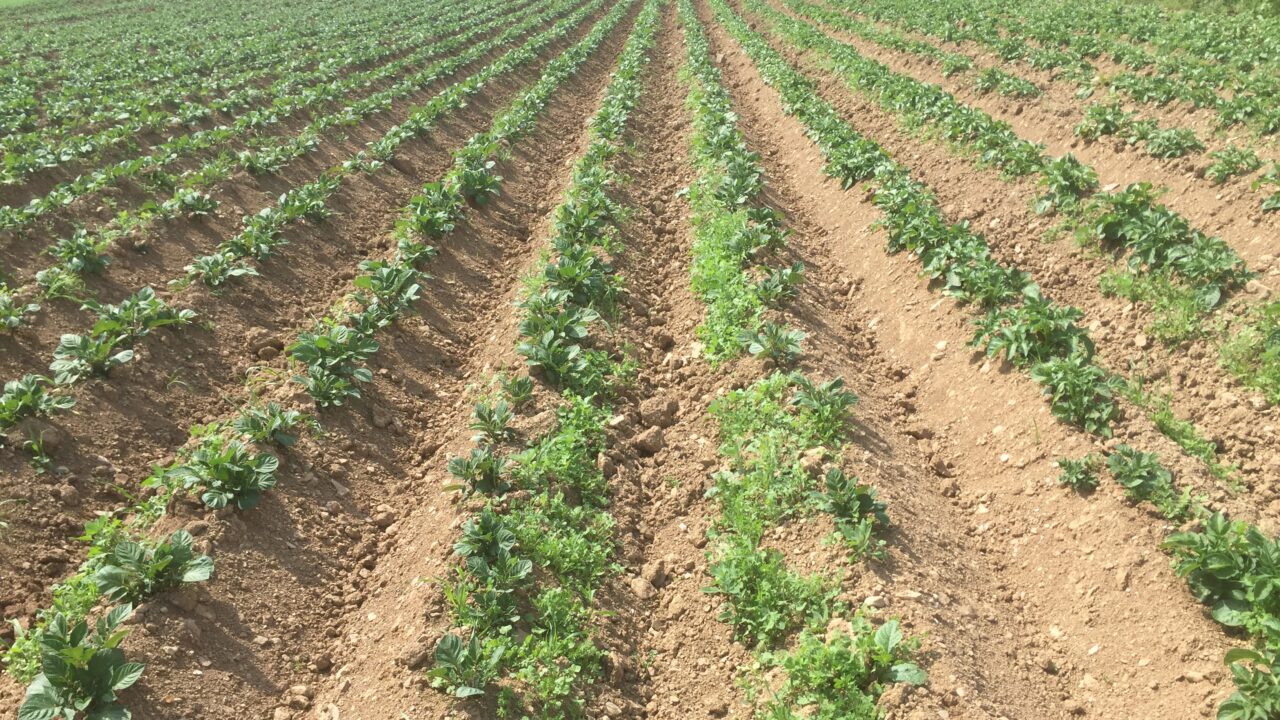A new, disease-free potato, named CIP-Matilde, has been developed by international breeders in collaboration with farmers in Peru.
All those involved with the development of this new variety claim that it is inherently resistant to late blight.
The new variety has resistance genes from wild potatoes transferred through a conventional breeding method called pre-breeding.
Launch of disease-free potato
Launched to mark 42nd World Food Day, the Crop Trust and the International Potato Centre (CIP) have officially unveiled this new development as a means of highlighting the role played by potatoes as an important source of nutrition within communities around the world.
The new potato was developed by farmers, breeders, and scientists in Peru by identifying wild potatoes with resistance to disease, and incorporating this resistance into cultivated varieties, a process known as pre-breeding.
The outcome, it has been declared, is a tasty tuber suitable for regular consumption that also withstands late blight.
The disease, which is becoming increasingly common due to global warming, poses a serious threat to existing potato crops.
The new potato, which has been in development since 2010, should ensure that edible potatoes remain available to mankind in the long-term.
Cost of potato blight
At present, late blight costs potato farmers around the world up to €10 billion every year.
CIP-Matilde was developed by the International Potato Centre (CIP) with the support of the Crop Trust through its Crop Wild Relatives Project, an 11-year initiative to help agriculture adapt to climate change.
The Crop Trust is an international organisation based in Bonn, Germany working to safeguard crop diversity for future generations. It supports gene banks, including the Svalbard Global Seed Vault, and pre-breeding efforts around the world.
CIP is a globally-focused research-for-development organisation based in Lima, Peru, that aims to deliver innovative science-based solutions to improve access to nutritious food, strengthen food systems, and drive inclusive growth.
Barbara Wells, the director general for CIP, commented:
“Ensuring food and nutrition security under the stress of climate change, means we need to harvest the power of the genetic diversity in our midst.
“CIP-Matilde is just one great example of that work and only the first of many to come.”
“Pathogens, pests and weeds can cause major crop losses, particularly in the developing world,” Benjamin Kilian, coordinator of the Crop Wild Relatives Project at the Crop Trust added.
“By adapting our agriculture to these threats, we can help ensure a food-secure future.”
